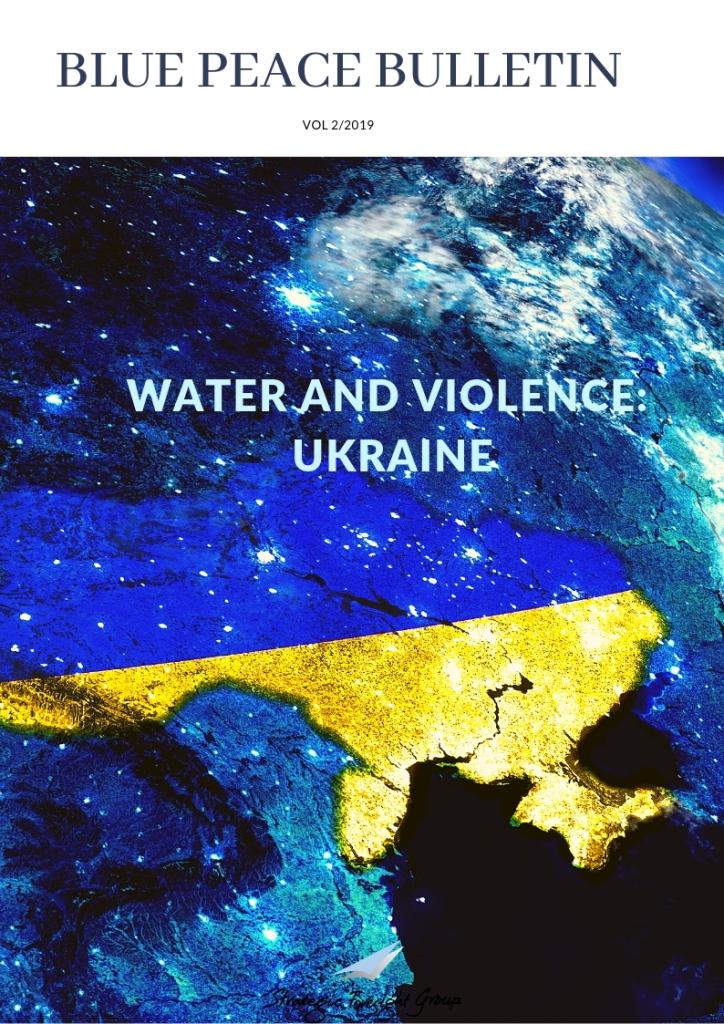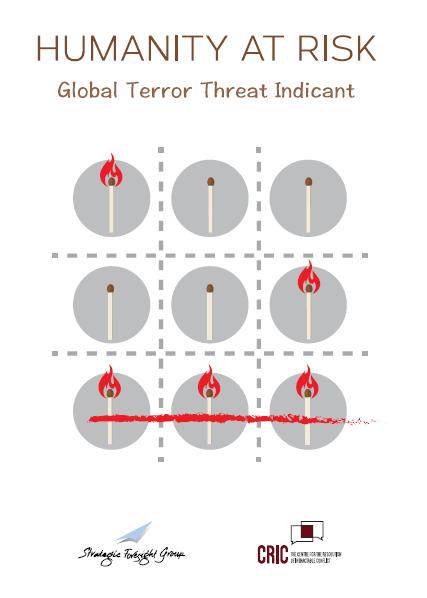The Great Gamble
|
|
October 2006
By Kumud Pallavi-Hebbar and Avanti Bhati
|
A volatile province, Balochistan has always proven to be a delicate issue for the political/military masters in Islamabad. More recently, the province has been up in arms against Islamabad�€™s writ and continued exploitation. Despite having the largest gas reserves in the country, it supplies over 80% of its gas produce to Punjab and Sindh while it consumes hardly 17%. With minimal returns for all its gas supplies and having to depend upon Federal largesse the stark economic underdevelopment of the region has always been a rallying point for Balochis. This economic underdevelopment of the region when juxtaposed with the over bearing presence of the Pak military regime and the ethnic differences between Balochistan and the rest of Pakistan (read Punjab) results in the kind of insurgency that is currently being witnessed in the province.
The desire for autonomy means little more than greater control over its economic resources for the various tribal leaders of the province. This economic viability of the province has been the main bridge between various rival tribal leaders who have come together to fight the federal forces in recent years, both politically and militarily. At the Provincial and Federal levels, the Balochis had made themselves relevant through the establishment of PONM (Pakistan Oppressed Nations Movement), a strategy which eventually failed. However, they continued to be the bane of federal authorities due to the exponential increase in insurgent activities, especially targeting vital government installations like gas pipelines and army cantonments. The Pakistan Army�€™s counter-insurgency operations have only aggravated the situation. Therefore, it came as a bit of a surprise when Islamabad seemingly gave the go-ahead for the targeted killing of one of Balochistan�€™s main tribal leaders, Nawab Akbar Bugti. What probably confounded analysts the most was whether or not the authorities had actually even considered the intensity of reprisals in the aftermath of Bugti�€™s killing leading many to believe that this may have been a strike ordered by critics and rivals of President Musharraf.
The initial reaction in Balochistan and indeed all over Pakistan, over Bugti�€™s killing, was that of utter shock, disbelief and anger. More importantly, it was feared that the killing would result in a situation akin to the kind that existed prior to the creation of Bangladesh. Widespread protests to the killing all over the country with threats of mass resignations and a nation-wide call to oust Musharraf emanating from all provinces further confirmed the fears that the country was heading towards another partition, this time resulting in the creation of a Greater Balochistan.
The Government�€™s reaction to the unfolding developments was essentially fourfold. One, they continued with the counter-insurgency operations in the province. Two, while regretting the untimely death of Nawab Bugti, they were quick in forging backroom alliances with opposition parties at the provincial and federal levels. Three, they re-launched a number of development projects to appease the people in the province and lastly, a massive propaganda campaign was launched to highlight the role of �€˜inimical�€™ external forces in the assassination of Nawab Bugti. These factors together allowed Islamabad to emerge relatively unscathed and confident in its ability to quell all opposition to its rule.
The great gamble undertaken by President Musharraf in Balochistan has seemingly paid off as is attested by the relative normalcy that has returned to the province and the country. Not only have the threats of mass resignations not materialised, the collective political memory of Pakistanis over the killing has been short-lived. Even though the situation in Balochistan remains volatile, this whole incident indicates what the United States has all along believed �€“ that President Musharraf has an iron grip over the nation�€™s polity and military. With this one strike, he has not only quelled political opposition to his rule but has also established his stamp of authority, through a method, no other political or military leader in Pakistan has ever dared. The political future of Pakistan, especially in light of the upcoming elections, promises to throw up a number of surprise elements as the deals brokered by the military establishment with political parties, in the aftermath of the Bugti killing, will surely take shape then.
For now, President Musharraf is content and secure in the knowledge of his absolute authority in Pakistan considering he has embarked on a two week international tour, with not even a month having passed since Nawab Akbar Bugti was killed. A great gamble that has indeed paid off!
Related Publications
Related latest News
Related Conferences Reports
-

P5 Experts Roundtable on Nuclear Risk Reduction
Download:Geneva Roundtable Report
-

Roundtable on Global Security and Catastrophic Risks
Download:Report on RT revise





